Scuba Diver's Beginner's Guide - 10 Essential Diving Gear Items
1.MASK
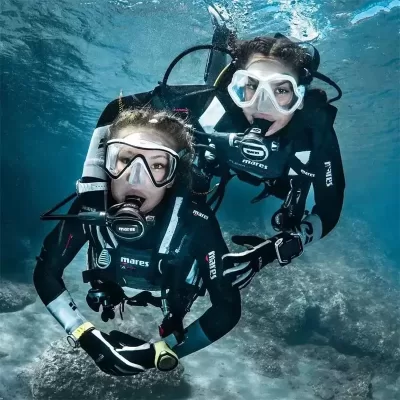
2.Snorkel tube
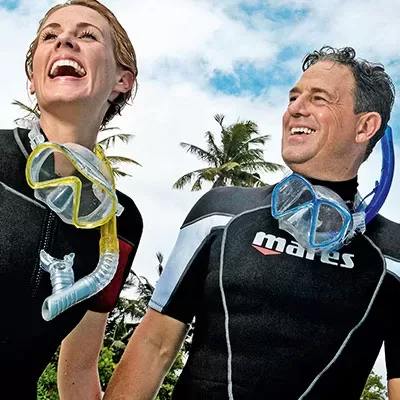
A snorkel is a tool for breathing while on the surface, allowing you to easily observe the underwater landscape without having to lift your head to change your breath. Choose a snorkel that meets your needs and make sure it is comfortable and easy to use.
3.Wetsuit
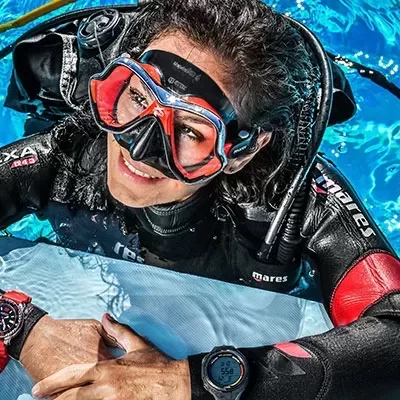
Wetsuits provide warmth while protecting your skin from underwater life and environmental irritants. Please choose the right wetsuit according to the temperature of the water you are diving in to ensure comfort.
4.Underwater Flashlight
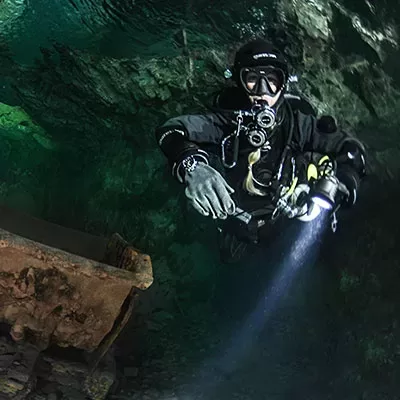
An underwater flashlight is an indispensable tool when exploring and observing creatures and landscapes in deep water. It provides you with the necessary light to see underwater details.
5.Tank and Regulator
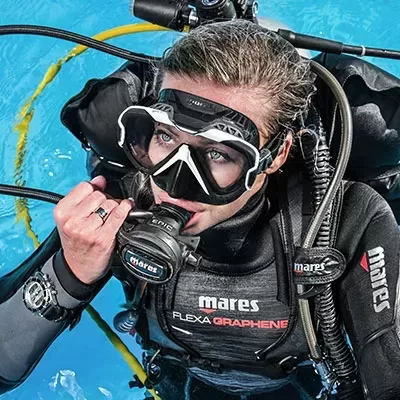
Compression cylinders and regulators provide the air supply you need to breathe underwater. Make sure your cylinder and regulator are in good condition and check them frequently.
6.Buoyancy Control Device
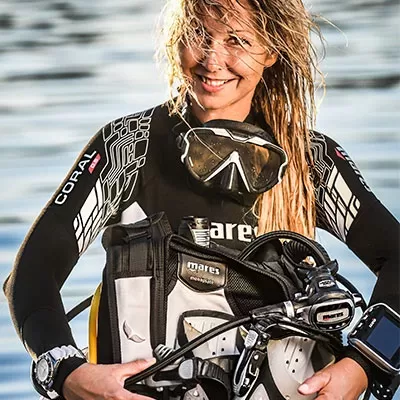
A buoyancy device helps you control your buoyancy in the water, which is important for adjusting your position and depth. Learning to use it properly will make it easier for you to move underwater.
7.Dive Knife
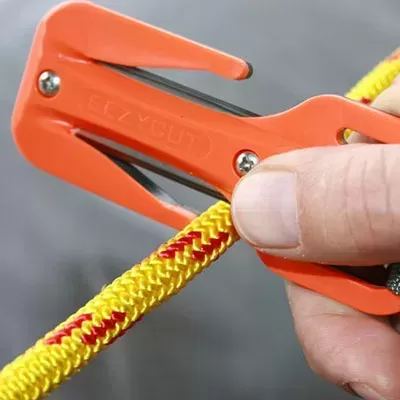
Diving knives have always played an important role as a diver's handy tool. They come in many varieties, including fixed blade, folding blade and utility knives, each with its own unique advantages.
8.Signal Maker Buoyancy
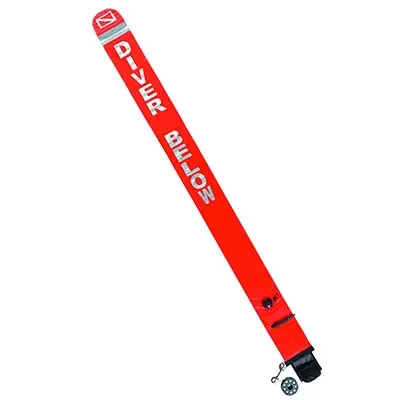
Buoyancy bag,SMB signaling device is a tool to mark your position on the water surface, so that other divers and boats can know your presence, avoid danger and ensure your safety.
9.Dive Computer
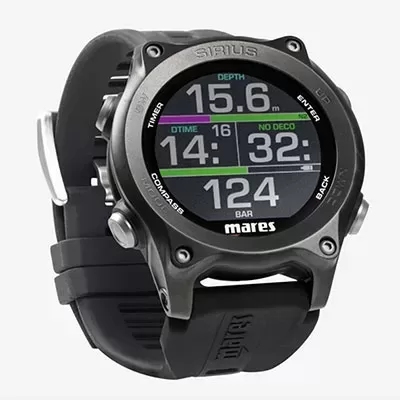
A dive computer watch is an integral part of the modern diver's arsenal, monitoring your depth, gas residual pressure and dive time and dive warnings to ensure you are diving within safe limits.
10.Safe Second Stage
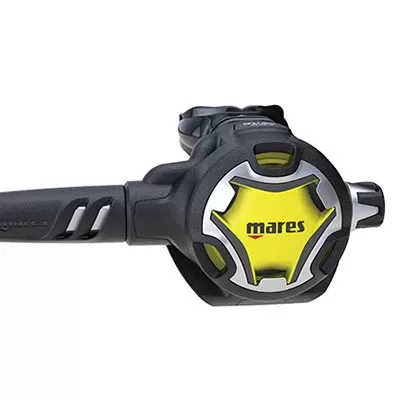
Before you embark on your diving adventure, make sure you have all of these essential dive gears to ensure a safe and memorable diving experience.
Conclusion
Diving is an intoxicating activity, but safety is always the first priority . Choosing the right diving gear is key to ensuring you stay safe and comfortable during your underwater adventures . Whether you are a novice or an experienced diver, the 10 pieces of equipment listed above are essential. Remember, it’s also crucial to know how to use the gear properly.
Frequently Asked Questions
1. How much do I need to spend to start diving?
The cost of diving varies by region, but you can save on initial costs by renting gear at local dive centers. Typically, the cost of taking diving lessons and renting gear will vary depending on the scuba diving level and destination you choose.
2. Do I need a specialized diving course?
Yes, especially if you are a newbie, it is very important to take a diving course. These courses will teach you how to use diving equipment properly and how to deal with various situations you may encounter while diving. Through professional training, you can improve your diving skills, enhance your safety awareness, and better enjoy your diving experience.
3. What are the physical requirements for diving?
Diving has certain physical requirements, including basic health conditions and good cardiorespiratory fitness. Before joining a scuba diving course, it is recommended to consult your doctor to ensure that you are physically fit for this activity. In addition, you should avoid drinking alcohol before diving to ensure optimal safety.
4. Where can I find the diving site?
Dive sites are found all over the world, from warm tropical waters to the cold deep ocean. You can find a dive site that's right for you in the dive community, dive centers or on the website. Please choose the appropriate location based on your interests and skill level.
5. Are there risks associated with diving?
Diving does involve risks, but they can be minimized by following safety rules and using equipment properly. It is important to take scuba diving courses and seek professional instruction as this will make you better equipped to meet the challenges of diving. Whether you are a novice or an experienced diver, understanding and applying the correct diving knowledge and skills is the key to staying safe. Enjoy this exciting activity and stay alert at all times!
Whether you're looking to start your diving adventure or are already an experienced diver, the diving gearBoth are crucial for scuba diving. Stay safe, enjoy the amazing underwater experience, and keep improving your skills to become a great diver.
